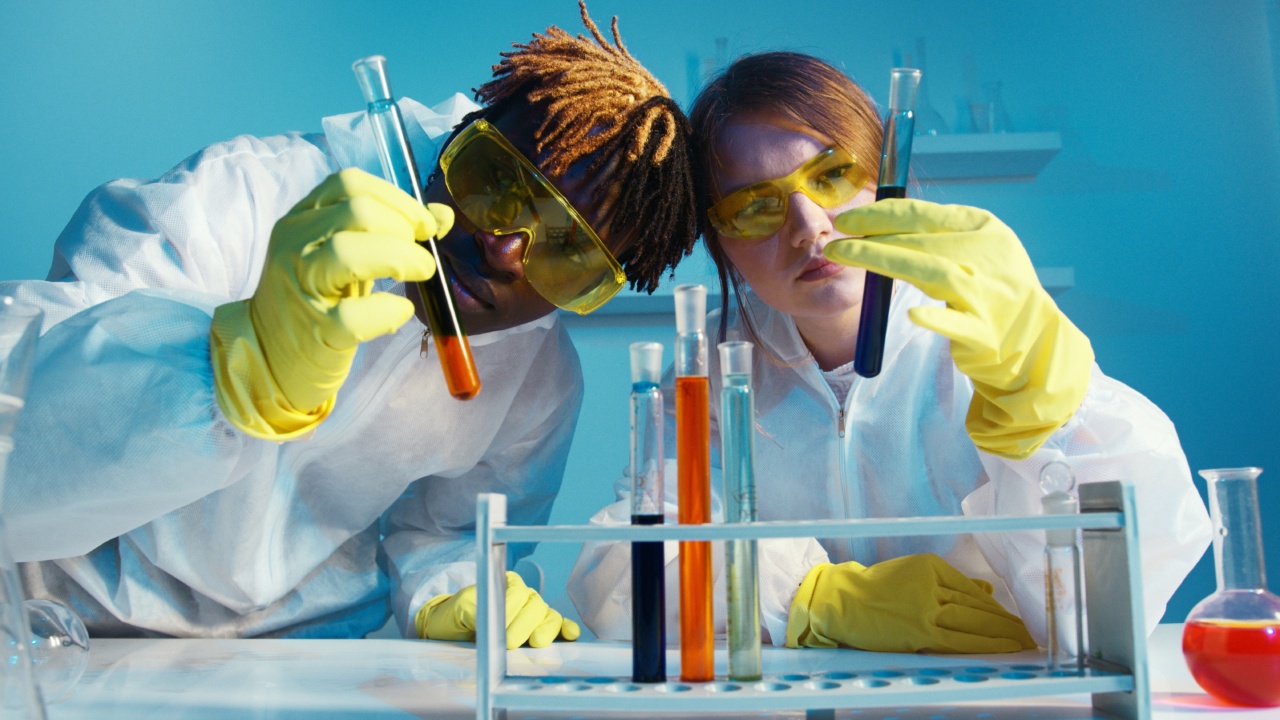When it comes to fertility, couples who struggle with infertility may turn to assisted reproductive technologies for help conceiving. One of these solutions is using donated sperm from sperm banks.
However, the screening criteria for potential sperm donors is quite rigorous, and only a very small percentage of men who apply end up qualifying as suitable donors. Here’s what you need to know about sperm donor qualifications, based on the latest research.
What is Sperm Donation?
Sperm donation is the process in which sperm from a man is collected and provided to a woman or couple in need. This process is commonly used in fertility treatments, such as in vitro fertilization (IVF) or artificial insemination.
Who is Eligible to be a Sperm Donor?
Not all men are eligible to be sperm donors. Generally, sperm banks look for healthy men who are within a certain age range, usually between 18-39 years old.
They also look for men with no history of sexually transmitted infections (STIs) or genetic disorders.
Additionally, donors may need to have a certain level of education, depending on the sperm bank’s qualifications. Donors are also usually required to have a stable lifestyle and a clean criminal record.
Sperm banks may also consider other factors, such as the donor’s physical characteristics and medical history, and any potential family medical history.
What are the Benefits of Sperm Donation?
For couples and individuals struggling with infertility, using donated sperm allows them to start a family, despite obstacles that may have prevented them from doing so otherwise.
Additionally, if a potential parent is a carrier of a genetic disease, they may opt to use donated sperm to avoid passing on the disorder to their child.
How is Sperm Donated?
Sperm can be donated directly to a clinic, hospital, or sperm bank. Everything starts with sperm donor screening to determine eligibility, and then prospective donors provide a semen sample, which is then frozen and stored until needed.
The sperm may then be thawed and used in a fertility treatment.
Why Do Many Men Not Qualify to Donate Sperm?
The latest research reveals that only 3% of potential sperm donors actually end up qualifying.
A study conducted in the United States evaluated 121,237 potential sperm donors, and found that just 3.3% (about 4,000 men) met all the screening criteria set by the American Society of Reproductive Medicine.
The strict screening process for sperm donors may exclude potential donors who do not meet certain criteria, such as those with a family history of genetic disorders or those who have had certain medical procedures, like surgeries or tattoos, that disqualify them from donating. Additionally, some men may not meet the educational or professional standards required by some sperm banks.
How Are Sperm Donors Screened?
Before a man can donate sperm, he is screened for a wide range of genetic, infectious, and medical conditions. The screening process can involve numerous tests and questionnaires, as well as a comprehensive physical examination.
Here are the most common tests required for sperm donor screening:.
Medical history
The sperm bank will ask the donor questions about their medical history, including any past or current infections, surgeries, and medications they are currently taking or have taken in the past.
Semen analysis
Donors must provide a semen sample for analysis to evaluate the quality and quantity of their sperm. The sperm is tested for factors such as sperm count, motility, and morphology.
Genetic screening
Sperm donors are tested to make sure they are not carriers of any serious genetic illnesses, such as cystic fibrosis or sickle cell anemia.
Some sperm banks may also screen for more common genetic conditions, such as Down Syndrome and Fragile X Syndrome.
Infectious disease screening
Sperm donors are evaluated for infectious diseases such as HIV, hepatitis B and C, and syphilis. These diseases can be transmitted through semen and can also lead to compromised fertility.
Physical examination
Sperm donors undergo a physical exam to ensure they are in good health and free from any physical conditions that may affect sperm quality or fertility.
Educational and professional history
Some sperm banks may require donors to have advanced education or professional credentials. This is because people seeking donor sperm may also be looking for certain characteristics, such as intelligence or ambition.
The Future of Sperm Donation
The strict screening requirements for sperm donors ensure that only the best sperm is provided to individuals and couples seeking fertility treatments.
However, the rigorous screening process also means that only a small percentage of men qualify as donors. In order to increase the number of potential donors, some sperm banks have started to offer more flexible screening criteria and incentivize donation through financial compensation.
Overall, the future of sperm donation looks promising, as technological advancements continue to improve the success rates of assisted reproductive technologies.
Couples and individuals who struggle with infertility will continue to benefit from sperm donation and other fertility solutions in years to come.





























